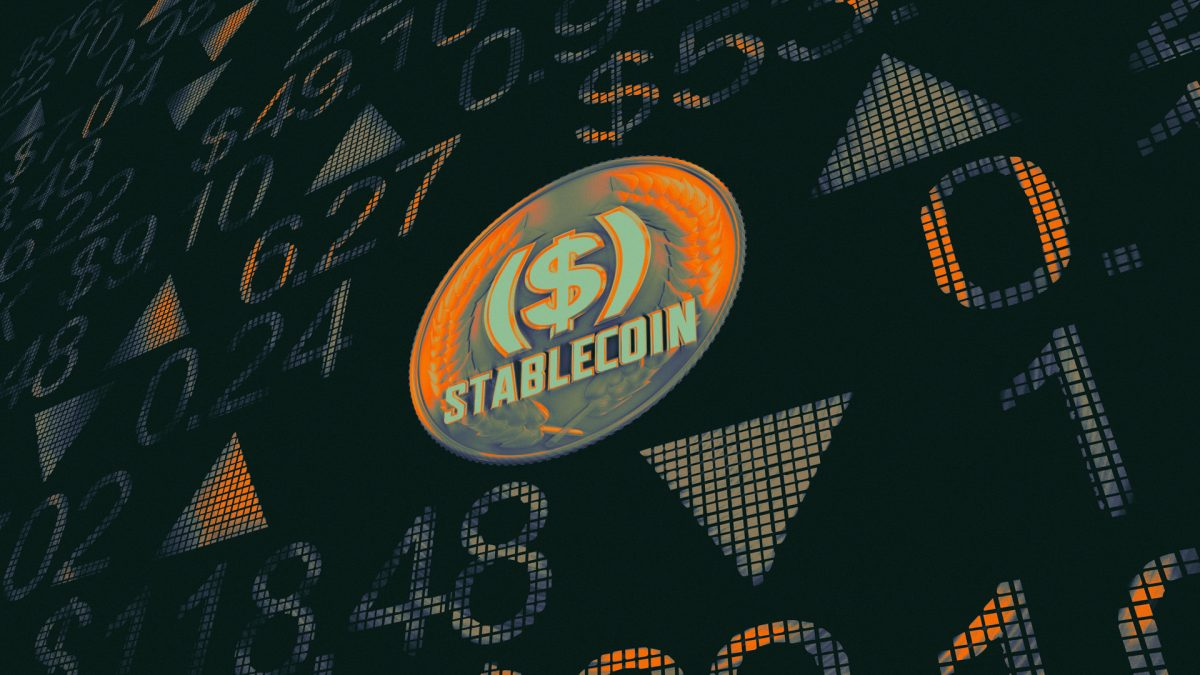JAPAN’S MEGABANKS PLAN JOINT STABLECOINS FOR CORPORATE PAYMENTS

What the banks are building
Japan’s three megabanks—MUFG, Sumitomo Mitsui, and Mizuho—plan to jointly issue stablecoins pegged to legal tender for business-to-business settlements, according to reports Saturday. The tokens would run on a common standard and initially target large corporate users, with a Mitsubishi Corp. pilot under consideration. Tests would use a platform developed by Progmat, the fintech arm in MUFG’s orbit that has been building tokenized deposit rails. The bet is that programmable, near-instant transfers can cut treasury frictions, shorten settlement cycles, and enable new forms of supply-chain finance. By coordinating rather than competing, the banks aim to avoid a fragmented market and reassure regulators on risk controls.

Why it matters for Japan Inc.
If the initiative advances, Japan could move stablecoin adoption beyond crypto exchanges into mainstream cash management. That would put pressure on fees in domestic transfers and may spur cross-border pilots with dollar-pegged variants. Key questions remain: how redemption works at par value; whether holdings sit as insured bank money or e-money; and how intraday liquidity and anti-money-laundering checks scale. Corporate uptake will hinge on ERP integrations and whether settlement finality matches legacy bank rails. For policymakers, bank-issued stablecoins could complement any future central bank digital currency by proving out tokenized deposits in the wild. For now, the megabanks are signaling that tokenization is moving from slides to systems.






















